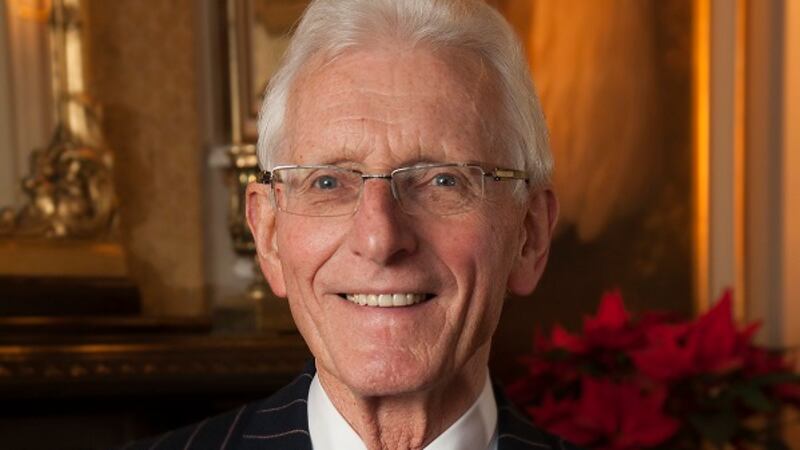Risk. What on earth is that then?
The choice of walking straight across the road rather than walking 20m to the pedestrian crossing? With that split decision comes to component parts – the potential for return and the potential for loss.
We save the 40m round trip and time at the pedestrian crossing, but the potential for loss is of course getting knocked over. Looking left and right and walking across – called good information - reduces the risk.
And so investments are quite similar. We have the potential for loss and the potential for gain all of which is reduced considerably by information – or we can walk straight across the road with our eyes closed.
There are many potential downsides to your pensions and investments, downsides of course which create potential upsides off the back of it.
Using the same analogy, we could simply stay on one side of the road. Risk is zero? Unfortunately not. The fundamental reason we need to cross the road is inflation.
If the average family in the UK was earning £1,908.20 in 1951 they would be earning double their annual household spending and be able to save. If they were earning £1,908.20 in 2017, they would be falling short by £25,593.00 and unable to stay alive never mind save.
As mentioned in a previous column, over the last five years inflation (retail price index) has eroded 11.63 per cent of our investments. The Bank of England base rate has offered 2.33 per cent over the same period, Halifax property index 2.33 per cent and the FTSE All-Share index 78.28 per cent.
And so, we are forced to cross the road to try and get ahead of inflation.
However, many investors misunderstand risk and as such shy away from opportunities or indeed make incorrect decisions based on gut feeling.
The key is to understand that we can’t have our cake and eat it. We can’t have Swedish services at US prices. And so we can’t expose our capital to return without the exposure to risk.
For you, the investor, risk is about how much money you might lose, or at best, will the value be down when you go to access your capital? For me, or the person managing your investments, it’s about minimising the fluctuation whilst achieving the very best returns.
For example, can a fund that has produced 10 per cent per year, but on a month by month basis fluctuates by 5 per cent up and down, be as good as a fund that has produced 9 per cent per year but fluctuates 1 per cent per month?
I’m broadly describing a model called standard deviation which is often used to calculate risk but in a world where we simply want to make a straight forward binary decision based on a simple matrix, we are effectively stopping in the middle of the road.
The German genius responsible for much of the work on standard deviation knows it’s a useful tool for calculating many stationary aspects, such as the speeds of air travel, or the size of a human being in countries but analysing risk solely on such a simple tool will ensure you take a spin on the bonnet of a brand new electric Tesla. Times change.
Looking left and right includes being very clever on one key thing, and that is noise.
Noise around bubbles; complex geo political concerns (Trump, China, North Korea et al); calculating inflation direction; assessing confidence and overconfidence –‘This time it’s different’ usually makes a bubble; herd mentality, currency fluctuations; aggressive government and corporate actions and mismanagement of economies; demographics; Liquidity or lack of it (remember 2008 financial crisis); the darker sides of the larger corporate investors and of course incompetencies by investment advisers and their choices to name a few.
One thing’s for sure, in a world where we are now doubling our investments into credit default swaps and the maturity of the US business cycle and build up of debt, it is not the time to be silent about emperors and their new clothes especially if Trump’s ailing policies do not have the desired financial impact.
Peter McGahan is the owner of independent financial adviser Worldwide Financial Planning, which is authorised and regulated by the Financial Conduct Authority. If you have a question on any financial matter, or would like your investments reassessed, call Darren McKeever on 028 6863 2692, email dmckeever@wwfp.net or visit us on www.wwfp.net








